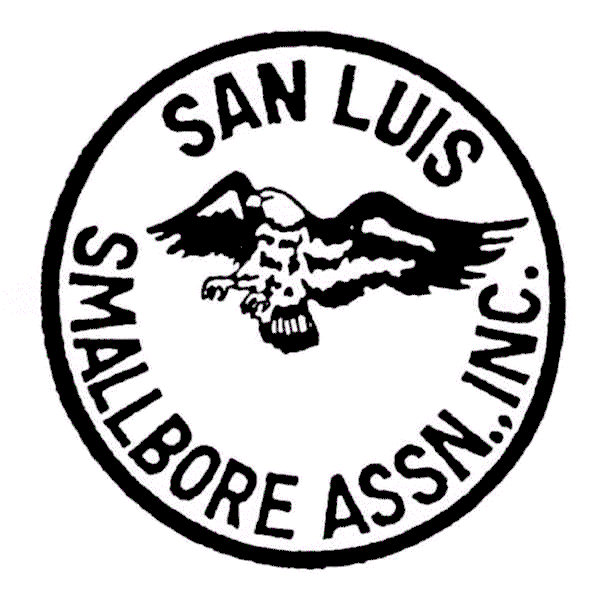Central Coast Firearms Education Foundation
San Luis Smallbore Association

CCFEF -
Back to Smallbore
On Range Safety
by Frank Catherina
"Res Ipsa Loquitur"
Central Coast Firearms Education Foundation
San Luis Smallbore Association

CCFEF -
Back to Smallbore
On Range Safety
by Frank Catherina
"Res Ipsa Loquitur"
This phrase from Latin literally translated means "the facts speak for themselves." It defines a key principal of tort law. A more liberal translation is "the fact that an accident occurred is evidence of negligence" or more loosely yet, "no excuse is good enough."
By now most of our regular shooters have heard about an accident that occurred late last summer at the Jumul shooting range east of San Diego. The victim is known to most of us and has attended several matches at our range. We understand that, after an earlier misfire, a .22 rifle was being put away into a case when the rifle unexpectedly discharged. After some very tense moments the injured shooter was evacuated by helicopter to the hospital. Fortunately, a full recovery is expected.
I am writing this article because I am concerned that an accident such as this one can have effects far beyond any scars left on the injured person. Since I serve as a match director and call many of the local pistol matches, I have a heightened awareness of safety problems. My responsibility as a match director makes me more concerned than an ordinary competitor. This brings us to the purpose of my article - to draw special attention to some of the problems of the range officer while calling the match or "why the range officer is a grouch."
To begin with, I want to address an area of special potential danger misfires and malfunctions. After a misfire or malfunction during competition the competitor is confronted with several possible emotions and combinations of emotions. The situation was not planned for and the competitor has a very short time to decide his next action. It is imperative that range safety be the first and foremost consideration. For some reason malfunctions seem to be more of a problem for pistol shooters than rifle shooters, but both NRA rule books read the same in this section. The shooter must be aware that following a misfire a rifle or pistol can unexpectedly discharge until the action is opened and the cartridge removed. The range officer must insist the rifle or pistol remain pointed in a safe direction until he or she is completely satisfied that all cartridges have been removed from the gun. (A "safe direction" is such that a discharge would impact safely down range on the range in use.)
The second topic I would like to address to ensure the continued 100% safe operation of our matches is "competitor conformity." For a match to proceed, the "guy calling the match" must be 100% satisfied through visual observation that all range commands are being consistently obeyed. The match is unnecessarily delayed if the range office cannot quickly survey the condition of the firing line and shooters’ equipment from the control tower. This is part of the reason we are encouraging more use of Open Breach Indicators at matches.
The final point I am going to make is repetition of our rule of "No other Range may be used during a Match." No exceptions. Never. Don’t ask. Expect severe penalties for violations. If even one shooter is allowed to shoot on a separate range, soon there could be several ranges with several shooters with different equipment and experience levels shooting. This will produce chaos and an increased risk of accidents. There would be no way for a match director to assure safety.
Organized target shooting is one of the safest competitive sports. Constant vigilance is needed to protect our right to enjoy our hobby. The running of a rifle or pistol match can be somewhat likened to running a ship. The match director (or the Captain) is in charge and is responsible. There are no acceptable excuses.